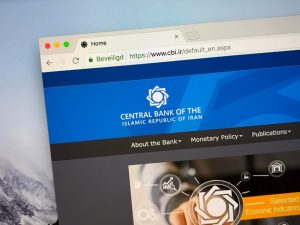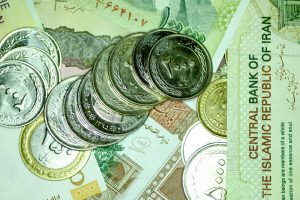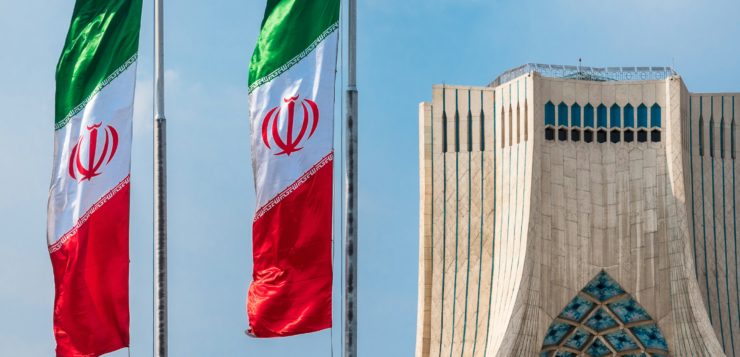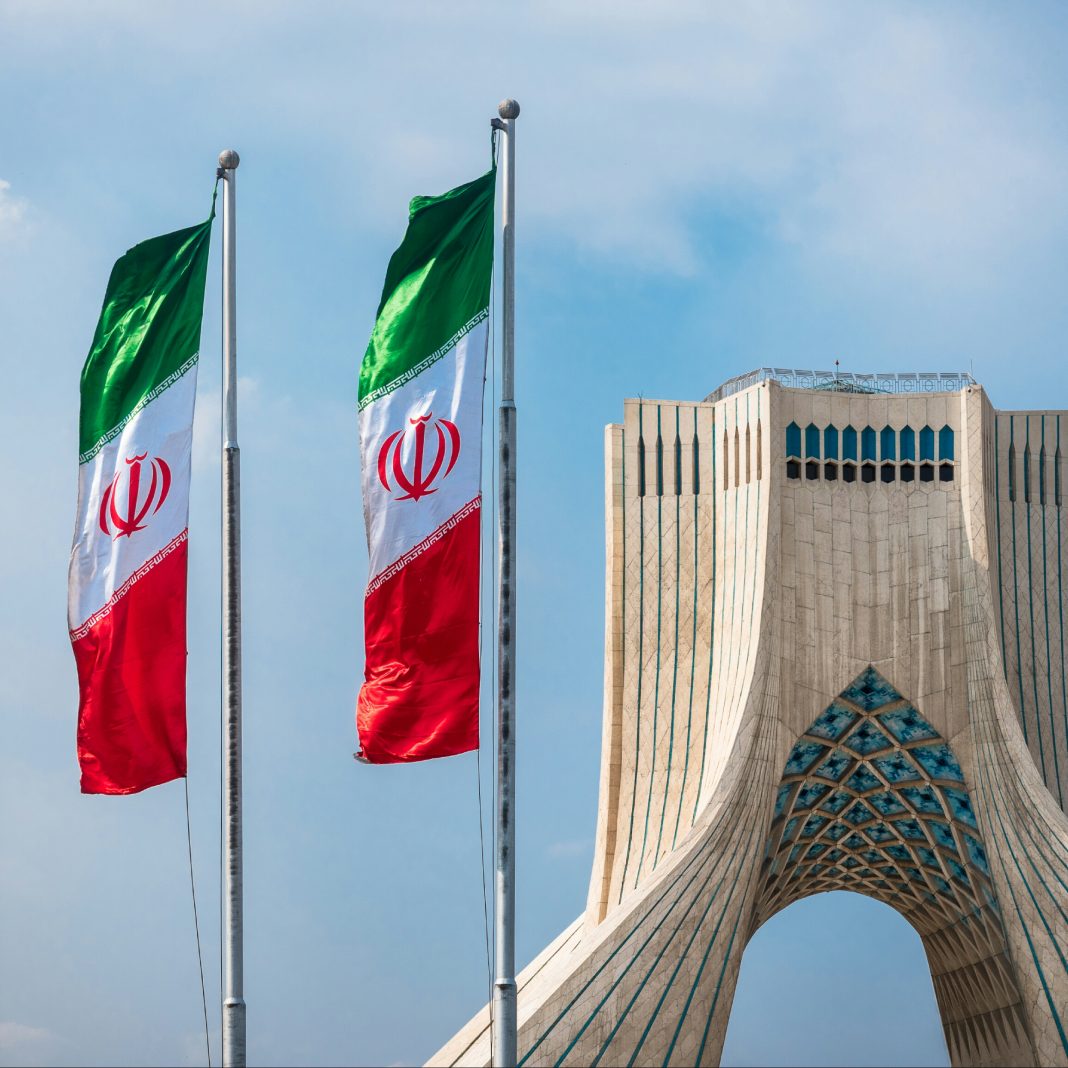Iran has finalized the development of its national cryptocurrency, which is backed by the local fiat unit, the rial. Once the Central Bank of Iran (CBI) approves its use, the yet-to-be-named digital currency will then be issued to banking institutions for testing in payments, internal and interbank settlements according to local media reports.
Also Read: Bahamas Releases Discussion Paper on Crypto-Assets Regulation
Banks to Be Granted State Digital Currency

Speaking to Ibena, an Iranian news agency affiliated with the country’s central bank, chief executive officer of Informatics Services Corporation (ISC) Seyyed Abotaleb Najafi said the state-backed cryptocurrency “can be used in a distributed and one-to-one framework for transferring without any institute’s interference.”
The CBI contracted Najafi’s company, an Iranian banking and payments solution provider founded in 1993, to design and develop a national digital currency for use in expanding banking system services and, of course, to circumvent the marauding U.S. economic sanctions against the oil-rich Middle East country.
Najafi stressed that the state cryptocurrency is still in a pilot phase. It has primarily been developed to explore the capability and usefulness of digital coins and the blockchain technology that underpins them in facilitating financial payments, bank-to-bank settlements and retail banking. He explained:
After getting Central Bank of Iran’s approval [it]will be used in the country’s banking system … in the first phase the blockchain banking infrastructure will be granted to Iranian commercial banks to use it as a token and payment instrument in transactions and banking settlement.
Rial-Backed Cryptocurrency to Neutralize Sanctions
On Nov. 5, the U.S. announced severe economic sanctions against Iran that, with the exception of just eight countries, cut the rest of the world off from the country’s oil, shipping and gas market, including its financial system. An earlier round of sanctions in May targeted Iran’s currency, aviation industry and other sectors, as President Donald Trump broke away from his predecessor Barack Obama’s engagement with Tehran.

Measures against the financial system have already started to hurt international financial settlements. This week, the U.S. armtwisted global banking network Swift into severing ties with Iran’s central bank, leaving the country and its citizens in limbo. In the cryptocurrency realm, global exchanges Binance and Bittrex have reportedly unofficially dropped Iran from the list of supported countries to receive services.
Najafi said the Iranian state-issued cryptocurrency is backed by the local fiat currency the rial, a somewhat curious decision given the unit’s current volatility and rapid value loss. The rial has plummeted to 143,000 to 1 USD according to Bonbast.com, which tracks the unofficial rate. The official rate is around 41,000 rials to the dollar.
Quoting the Informatics Services Corporation CEO, Ibena reported:
For Iranian national cryptocurrency, rial has been chosen as a support, namely in exchange for each single national cryptocurrency unit, its rial equivalent in the central bank’s account is blocked, therefore, it never creates liquidity.
Like Venezuela, which has issued a state-sanctioned cryptocurrency called the petro, Iran, the world’s third largest oil producer, is hoping to leverage cryptocurrencies to compensate for the expected squeeze in petrodollars arising from the economic sanctions designed to stem oil exports from the country, the economy’s lifeblood. Brigadier General Gholam Reza Jalali, head of Iran’s Civil Defense Organization, has talked about the “great opportunities” presented by cryptocurrencies and how they “can help bypass certain sanctions through untraceable banking operations.”
What do you think about the Iranian national cryptocurrency? Let us know in the comments section below.
Images courtesy of Shutterstock.
The Bitcoin universe is vast. So is Bitcoin.com. Check ourWiki, where you can learn everything you were afraid to ask. Or read our news coverage to stay up to date on the latest. Or delve into statistics on our helpful tools page








